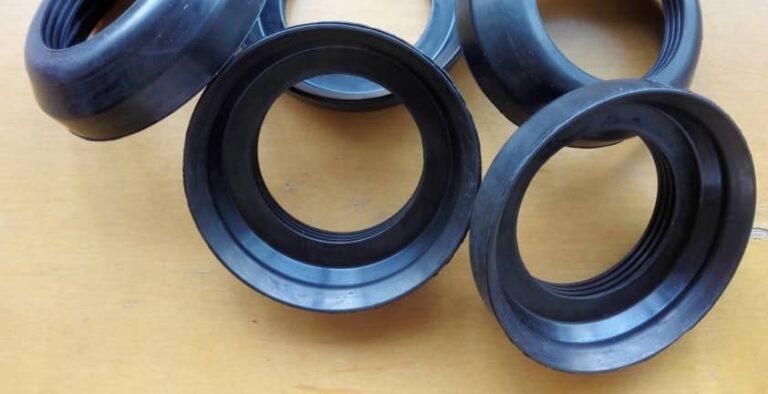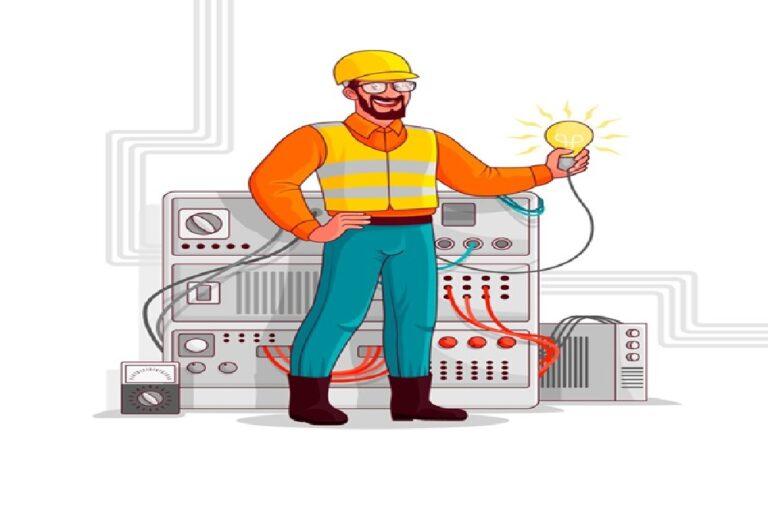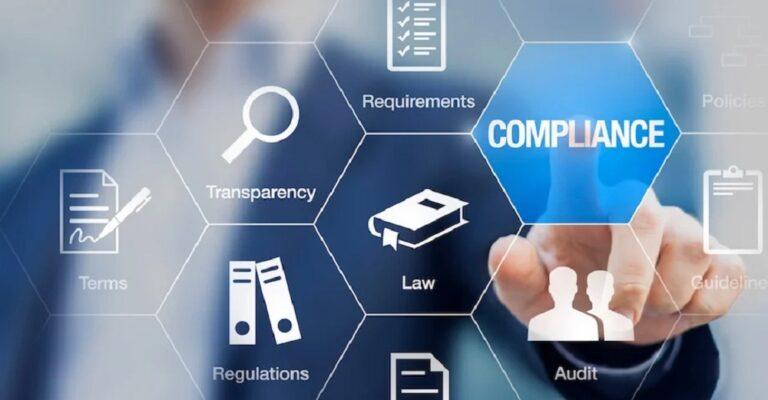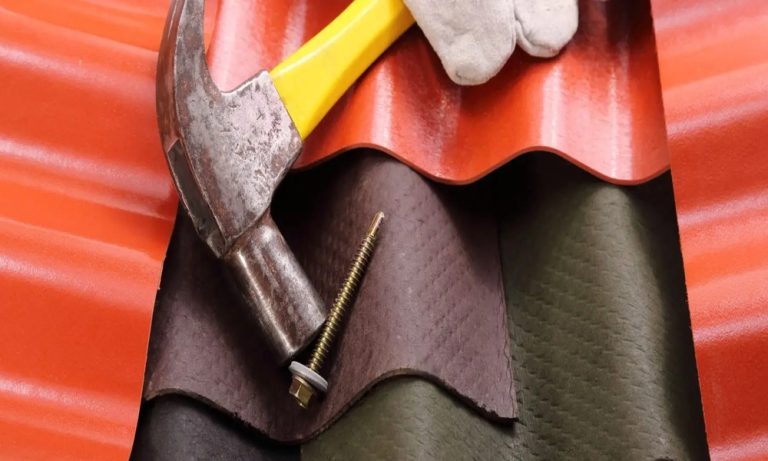Your kitchen spice rack may be secretly affecting the number of insect housemates you have. Most homeowners will...
Business
Rubber seals are fundamental components in various engineering and manufacturing processes, offering essential functions that ensure the...
In the contemporary business environment, an enterprise needs to have a constant and efficient electricity supply. Electricity...
In today’s dynamic business landscape, maintaining robust security measures is not just an option; it’s a necessity....








